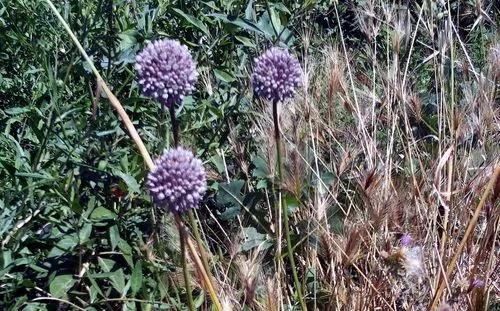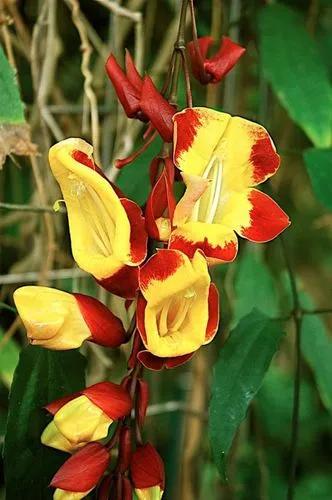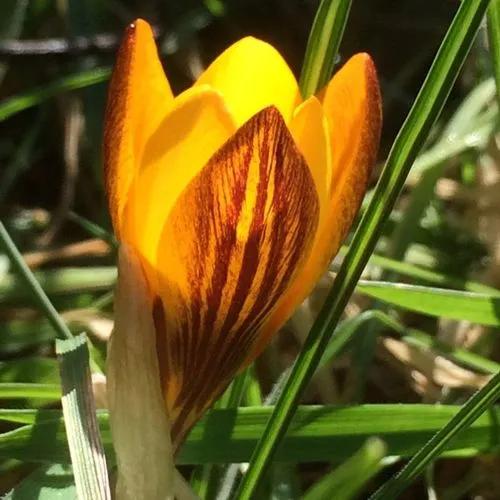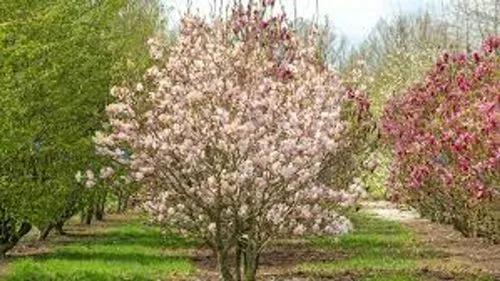Camellia japonica, known as common camellia, Japanese camellia, is one of the best known species of the genus Camellia. Sometimes called the rose of winter, it belongs to the family Theaceae. It is the official state flower of Alabama.
Camellia japonica Care
Camellia japonica



Camellia japonica is a flowering tree or shrub, usually 1.5–6 metres tall, but occasionally up to 11 metres tall. Some cultivated varieties achieve a size of 72 m2 or more. The youngest branches are purplish brown, becoming grayish brown as they age. The alternately arranged leathery leaves are dark green on the top side, paler on the underside, usually 5–11 centimetres long with a stalk (petiole) about 5–10 millimetres long. The genus Camellia was named after a Jesuit priest and botanist named Georg Kamel. The specific epithet japonica was given to the species by Carl Linnaeus in 1753 because Engelbert Kaempfer was the first to give a description of the plant while in Japan.
How to Care for the Plant

Water

Watering camellia japonica as with most shrubs, camellia japonica requires extra attention only during times of extreme drought or when freshly planted. Keep a soil constantly damp until your plant is established in its growing medium. After three years or so, when your plant has settled in well, it will survive with little water.

Pruning

Trim out dead and damaged leaves any time, pinching off or cutting off each of those leaves at its base. Avoid cutting into a plant's main stems or its crown, which is where its leaves and roots meet.

Fertilizer

give it a balanced fertilizer

Sunlight

This plant needs a lot of sunlight, but it has to be protected from the strongest rays of the sun.

Soil

Loam soil facilitates plant growth in three key ways. Aeration: The varied particle sizes in loam create a loosely-packed soil that allows oxygen to flow freely to plant roots. Nutrient retention: The presence of clay in loam ensures that nutrients cling to the soil, rather than being washed out by water.

Temperature

These camellias should be planted in areas where extreme winter temperatures stay above 0°F. Camellias are sensitive to low temperatures.

Container

Ceramic pots are the most popular type of containers for houseplants today. You'll find them in all kinds of styles, colors, and sizes. At one time, the clay pot was the most common container for indoor plants. When choosing a pot, choose a pot that is 2.5-5 cm (1-2”) larger than the current size.

Popularity

17,925 people already have this plant 2,700 people have added this plant to their wishlists
Discover more plants with the list below
Related articles






